Ariel Palanzone
A foray into improbable pairings
Ariel Palanzone is an artist who lives and works in Argentina. He is highly regarded in his industry and he has won a number of coveted awards and accolades throughout his career. Most notably, he has been featured twice in the Flamantes book of design in 2017 and 2018. He is also the winner of the Carbon Award in Sculpture at the Frēsh 18 awards.
He currently works as an Animator, 3D Designer and Art Director for different design and animation studios. In his work he tries to establish unique environments that act as conversation starters on the impossibility and irony of objects and materials depicted; a joyous but beautiful stab in the world of art and installation.
We had the opportunity to catch up with him and discuss the influences that guide his style, the differences between client work and free-wheeling imagination, as well as his plans on exhibiting his work in the future. Here’s what he had to say.
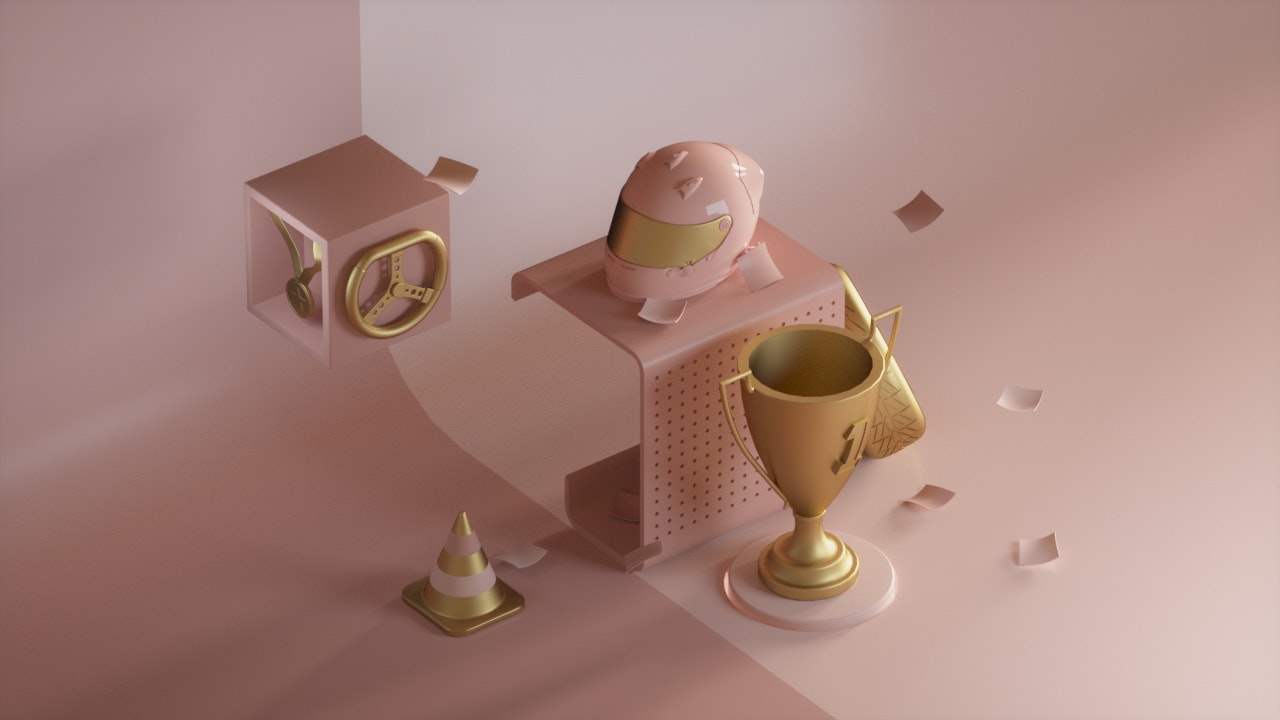
Fabrik: You have worked across different genres - 3D and animation. Do you have a preferred one or you seek to find both in a brief?
Ariel Palanzone: "Both disciplines are of interest to me and I try to combine them. I always look for my frames to be dynamic and function as animations, too."
Fabrik: Any interesting or fun anecdotes from your time working on projects, or from the reception of your work?
Ariel Palanzone: "Working in advertising, I do not always have the opportunity to show my creative side as much as I would like to, and this- is why I try to use my free time to stimulate my artistic side. Those are the moments which are the most fun and represent freedom to me."
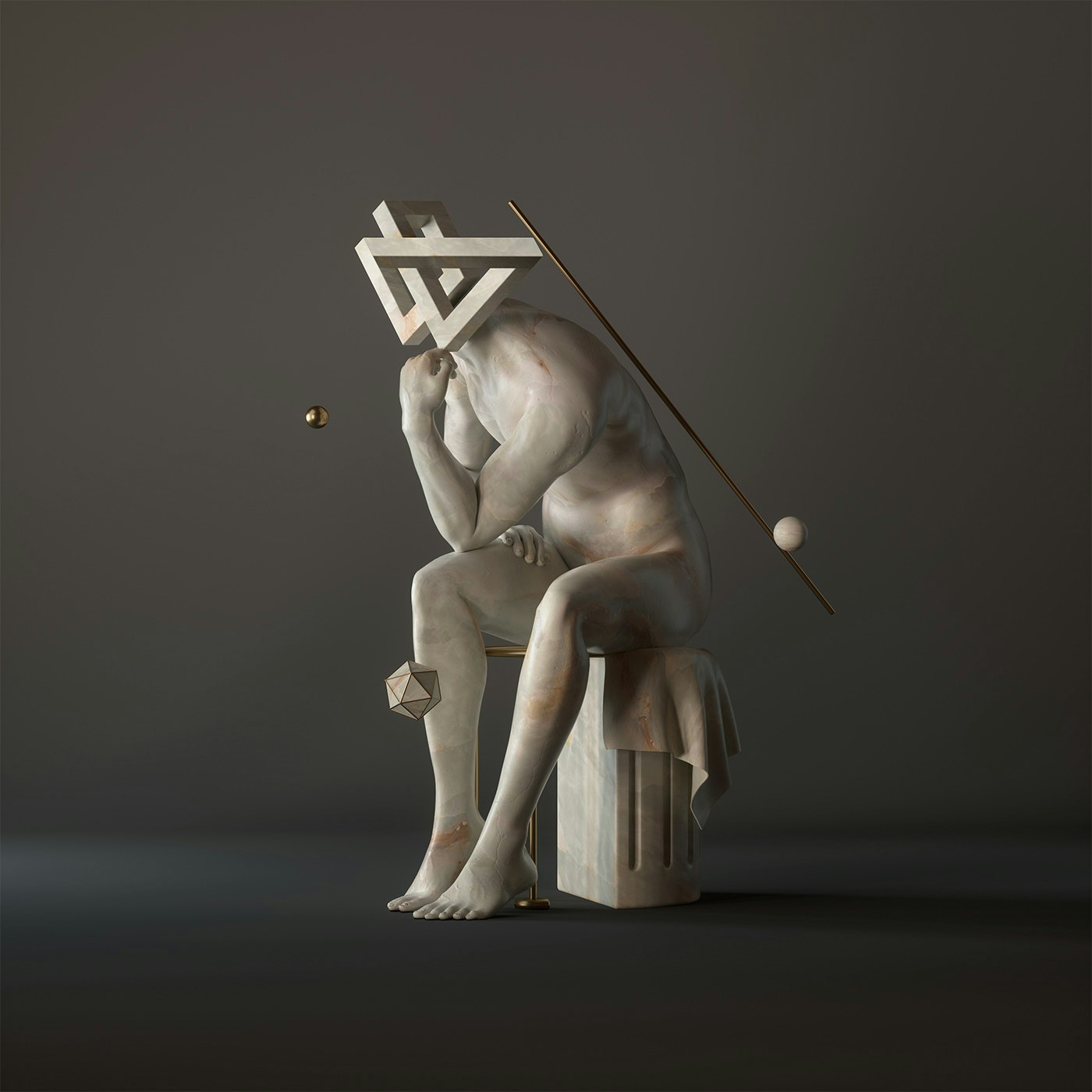
Fabrik: In your work one can see influences from Dali and Escher - where do you draw your inspiration from?
Ariel Palanzone: "It is true that surrealism is a style that appeals to me, because of its poetic perspective on the reality and constant questioning of rational, physical and logical conventions. I am also interested in artists from other styles and disciplines such as Tomas Maldonado, Lucio Fontana, Enio Iommi, Julio Le Parc and Erwin Wurm."
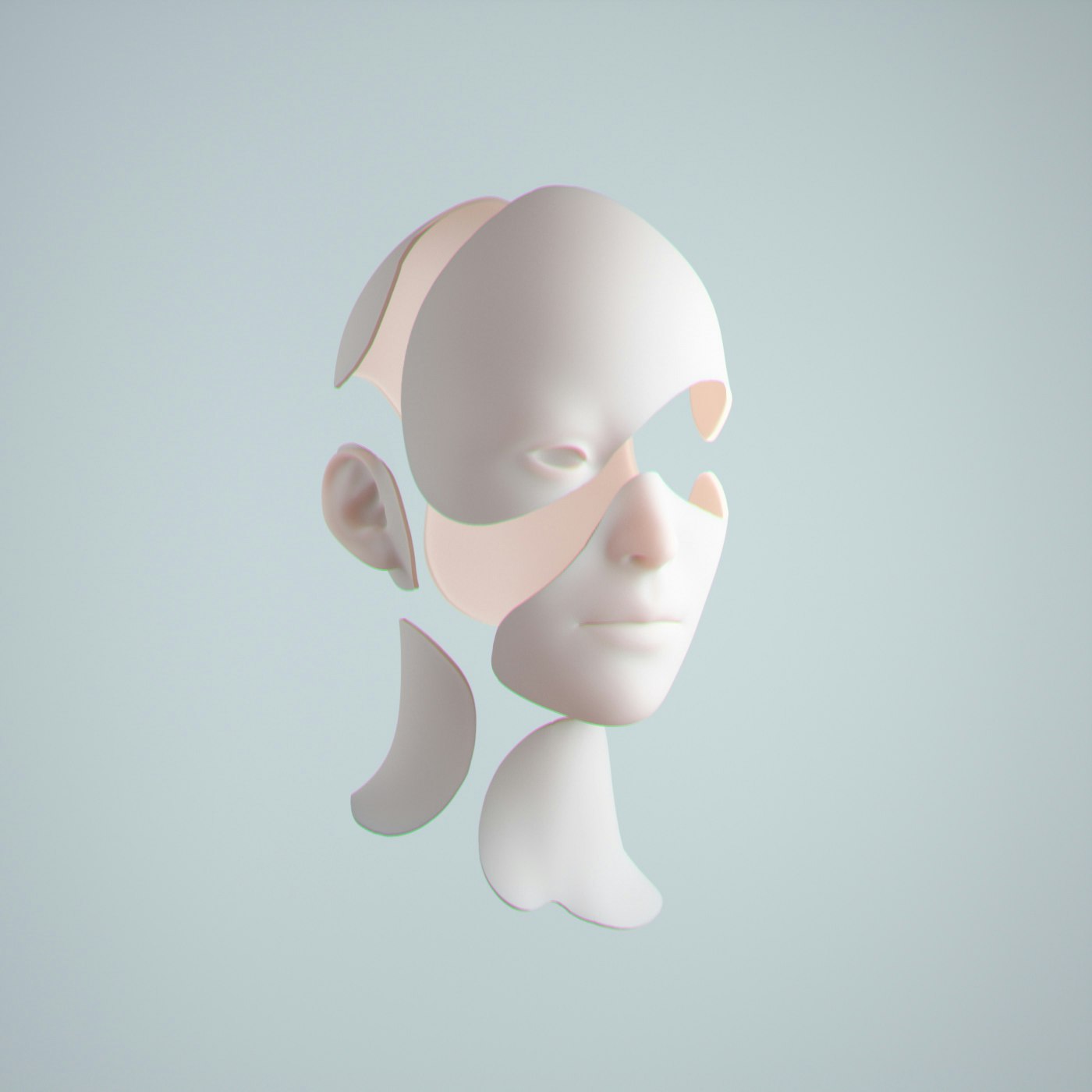
“It is true that surrealism is a style that appeals to me, because of its poetic perspective on the reality and constant questioning of rational, physical and logical conventions."
Fabrik: Your work has a strong physical art or element to it and it’s reminiscent of sculpture in some cases. Have you ever considered or are you in the process of “downloading" any of your designs into physical / spatial installations?
Ariel Palanzone: "It would be very rewarding to see my work transformed into an installation of art and I work hard every day towards the realization of this goal."
Fabrik: Would you like to offer a little bit more insight on the creative process? I would like to learn a bit more about how you rationalize the concept and choose the textures that are strategically placed or mismatched and so on…
Ariel Palanzone: "There are no magical positions. There is a lot of trial and error. For me, the process is the most rewarding and gratifying stage. The important thing is to take as much time as possible to experiment and look for different ways to communicate an idea. I think a work never ends and some times I even retract it after a while to process it with fresh eyes, modify it and try to improve it with new techniques that I am exploring at the time.
I understand the concept as a poetic means of expressing a message, connecting different universes (music, science, philosophy, etc) and combining them to achieve a new meaning. My creative process consists of going out on the street and observing everything around me, writing down notes and doodling sketches. I also look for inspiration during my trips to museums, exhibitions or by watching documentaries and talks about poetry, philosophy, physics, etc."
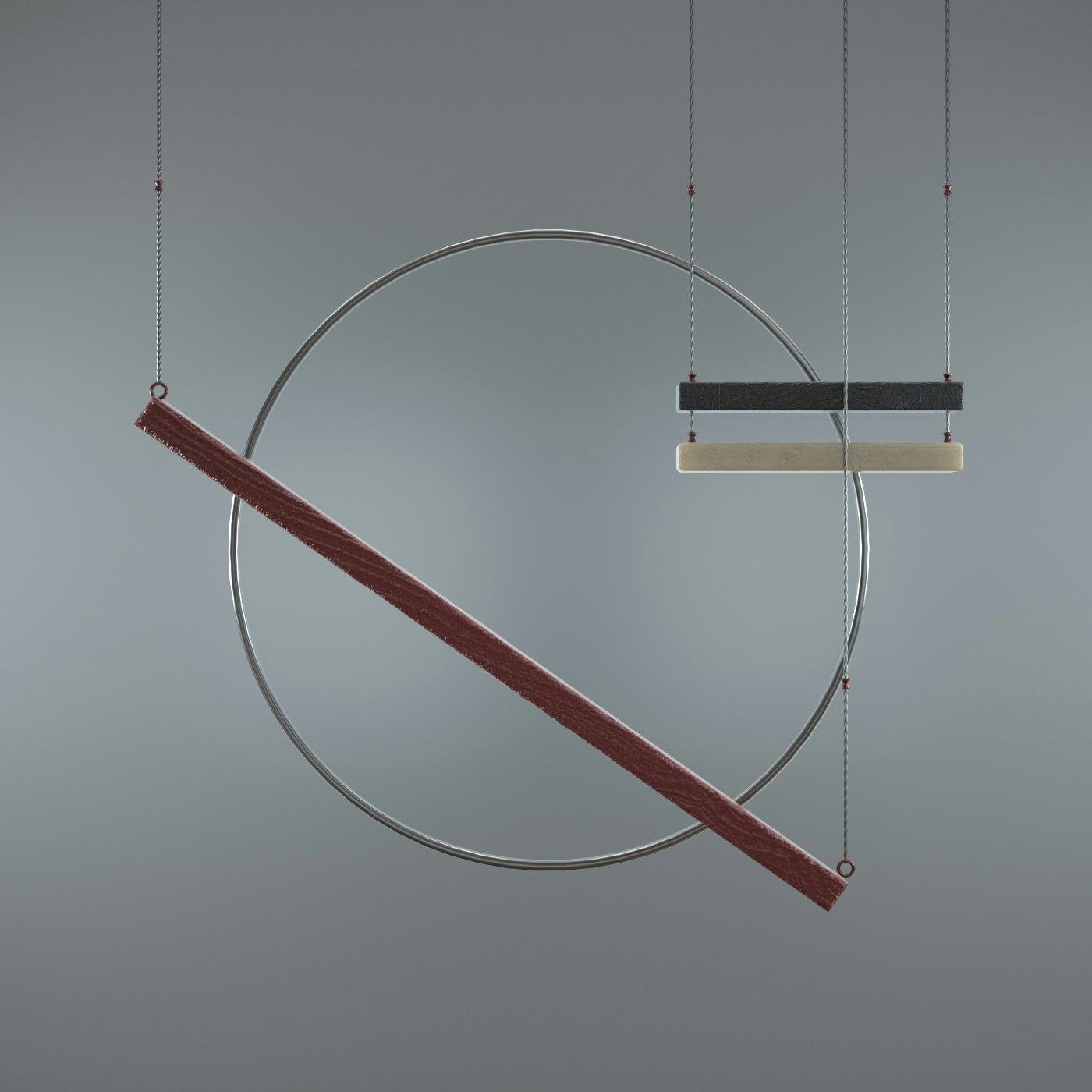
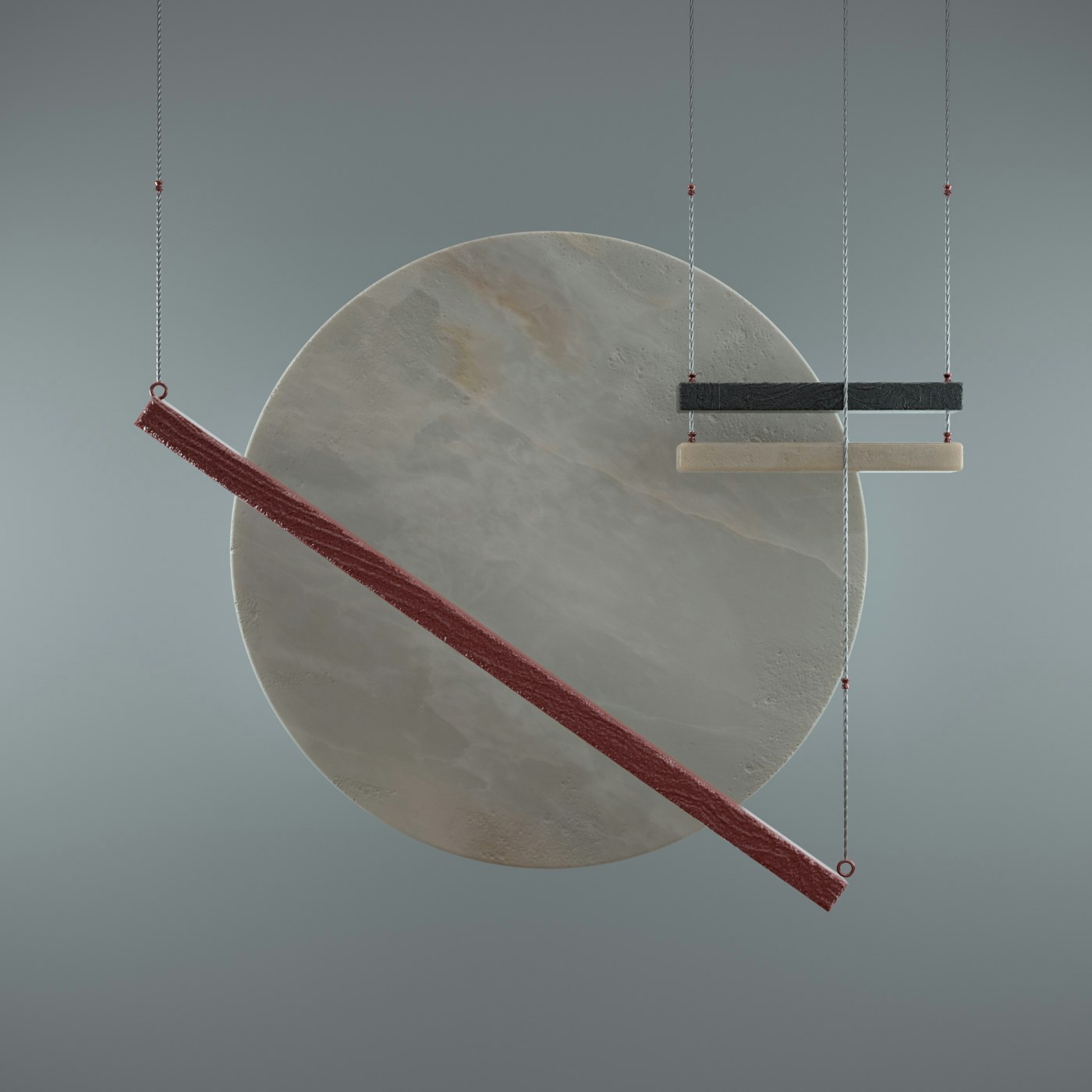
"I understand the concept as a poetic way of expressing a message, connecting different universes and combining them to achieve a new meaning."
Fabrik: A lot of your work can be seen as humorous plays on common perceptions of different materials - something that 3D apps obviously give you the freedom to mess around with. Material properties like rigidity, gravity and structure are purposely flaunted in your pieces. Can you tell us a little about where that comes from, and your thought processes when disrupting and redefining materials in your output?
Ariel Palanzone: "Basically I try to combine and alter elements to generate a new meaning. I seek properties of materials which help me reinforce this concept. For example, in the piece Ser & Tiempo, gold helps me showcase how valuable time is and when it melts it reflects that it is ephemeral and we must make the most of it."
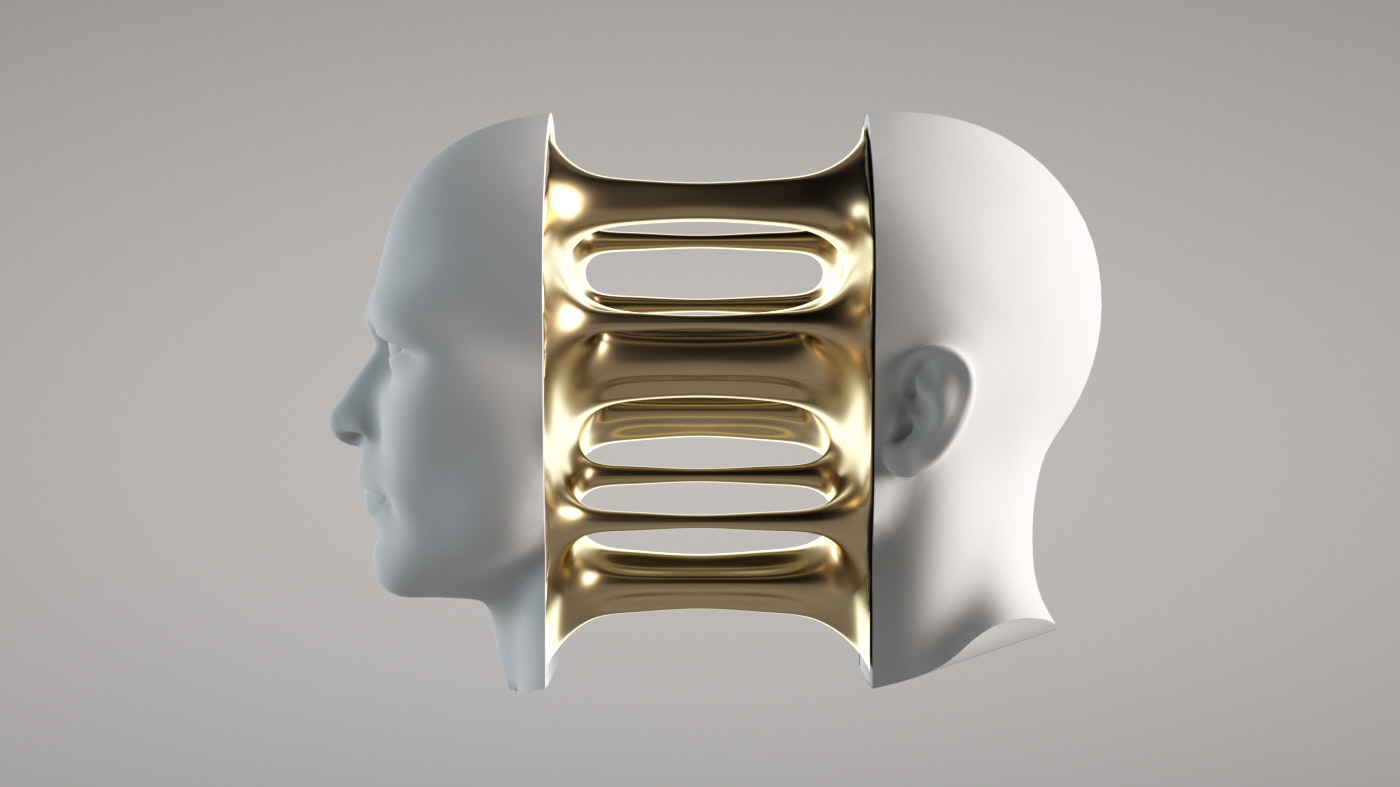
Fabrik: Is there any piece of work, be it a film, a song, a painting, that has left you with a lasting impression or any mentors you have encountered throughout the span of your career?
Ariel Palanzone: "I am always impressed by the musical work of Luis Alberto Spinetta and the literature of Jorge Luis Borges. An inspiring, lasting memory that I still tend to this day is attending the exhibition of the Argentinean sculptor Eugenio Cuttica. I was lucky enough to greet him and ask for an autograph!"
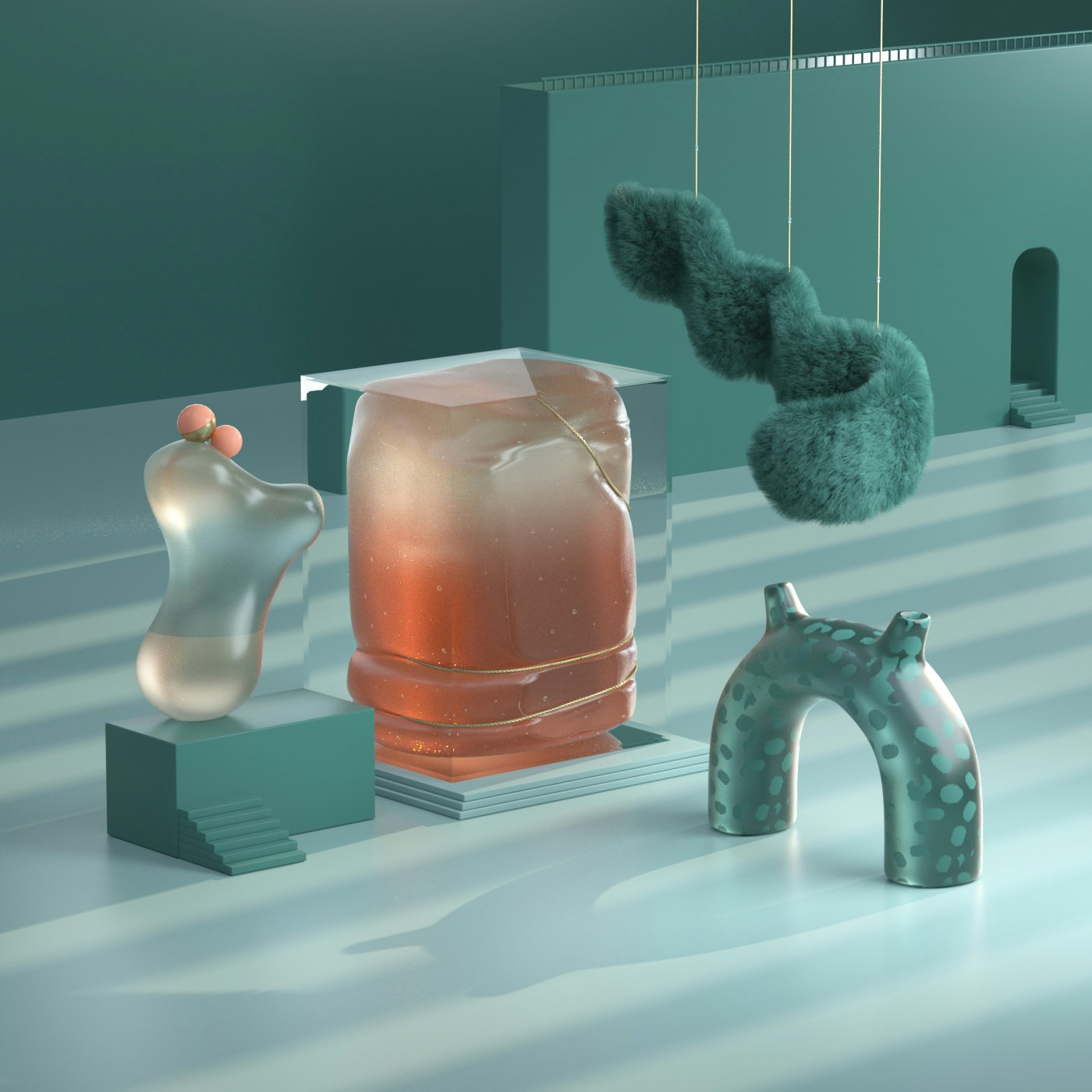
Fabrik: Any advice you’d like to impart on your craft to art directors, motion graphics and 3D designers going into the field?
Ariel Palanzone: "I would say that they should stay curious, observant, and let their sensitivity and intuition guide them."
Ariel is using Canvas, a feed-style theme featuring a sidebar and layout options aimed at providing more control over the placement of text and images. A great choice for portfolios that require images to be displayed uncropped or in portrait format.














